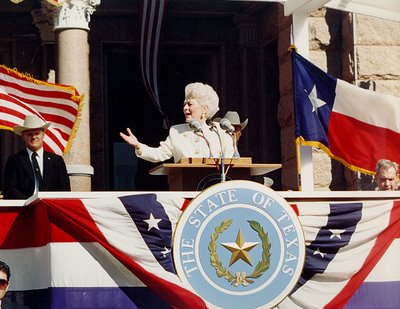
By Nancy Jane Moore
The Food and Drug Administration has recalled baby spinach.
It sounds like the beginning of a joke routine, but the problem is real: At least some of the spinach sold in the US -- most likely the prewashed, bagged kind -- is contaminated with E. coli.
The Washington Post reports that at least some of the contamination has been traced back to Natural Selection Foods, a California farm company that the Post said sells organic produce in 74 percent of US food stores. The article lists affected brands, but the FDA warned that other sources may also be contaminated.
So for now, skip the fresh spinach.
The New York Times points out illness caused by contaminated fresh produce is a growing problem. It quoted Richard H. Linton, director of the Center for Food Safety Engineering at Purdue:
In the last 20 years, the incidence of produce-related food-borne illness has increase two and a half to three times.The Times article provided detailed instructions on how to clean and prepare your produce, and also included this depressing bit of advice:
Young children, the elderly and those with compromised immune systems may want to eat cooked or canned fruits and vegetables.So why is fresh produce, which should be one of the prime choices for healthy eating, becoming a problem? None of the news reports I've seen on the current recall hazards a guess.
But the Center for Science in the Public Interest says that contamination can occur at several stages in the process of getting food from farm to table. The group suggests that lack of a single food safety regulator makes it easier for contaminated products to fall through the cracks. In a press release that praised the FDA for moving quickly to pull spinach off the shelves, CSPI said:
Contamination can come from use of untreated manure used as fertilizer, irrigation water contaminated with waste from animal agriculture, or cross-contamination during processing. It is vital that the federal government ensure the safety of fresh fruits and vegetables, especially since we want people to eat more of these healthy foods, not less. But regrettably, food-safety responsibilities are divided among the FDA, USDA [Department of Agriculture], and other agencies, with no single agency having primacy from farm to fork.Nutritionist Marion Nestle, in her excellent book What to Eat, is even more blunt:
Mind you, nobody in government is really paying close attention to food safety or figuring out which foods cause what illnesses. ... Given the lack of real government leadership, the food safety system relies largely on faith that food producers, processor and handler do not want to make anyone sick and are doing what they can to prevent illnesses transmitted by food. ...Nestle thinks better regulation would help. She also points out the real scope of the problem: In the US every year, there are 76 million illnesses, 325,000 hospitalizations, and 5,000 deaths from bacteria, viruses, and parasites in food.
But produce seems especially worrisome because fruits and vegetables are grown in what the FDA charmingly refers to as "non-sterile environments" (translation: in contact with animal manure), and because they are so often eaten raw.
When she contrasts these numbers with the number of chances that you might get poisoned -- close to three hundred million people eating multiple foods several times a day 365 days per year -- they seem more reasonable.
But still: 5,000 deaths from bad food. It's not an insignificant number. Surely we can do better.
But for right now, don't eat your spinach.





